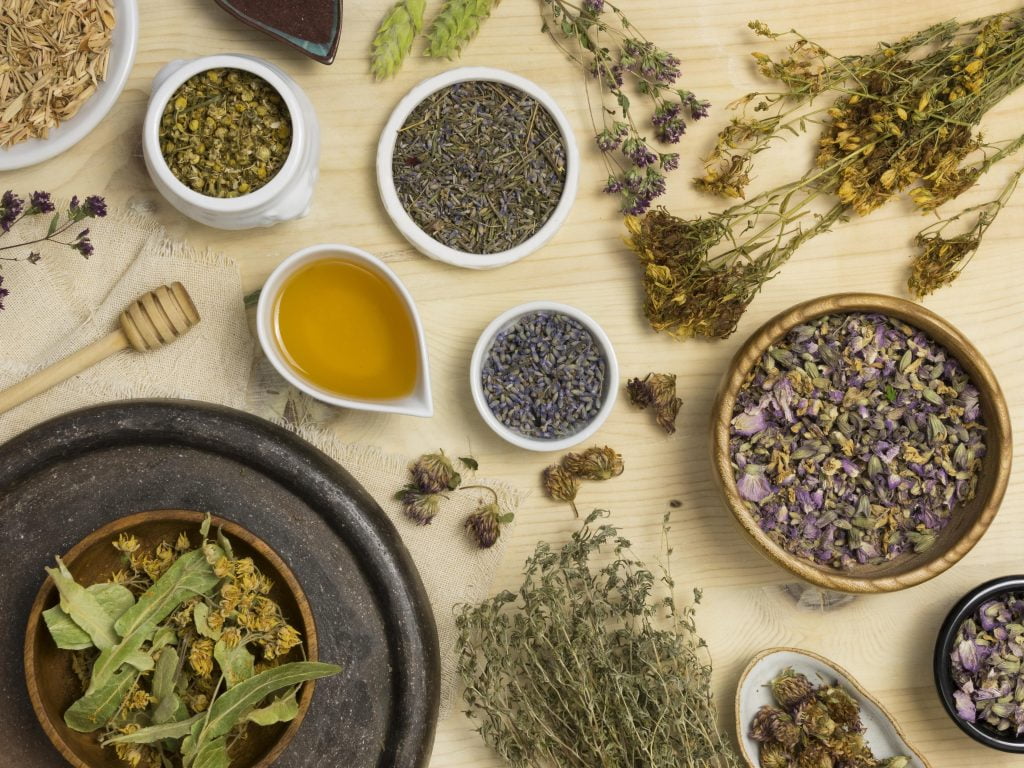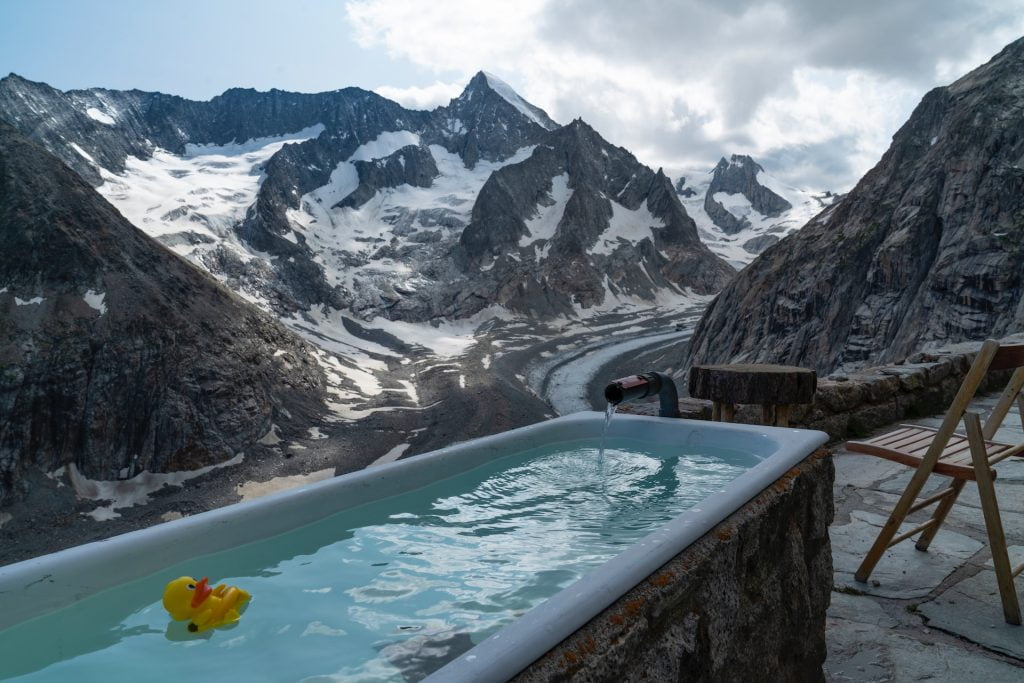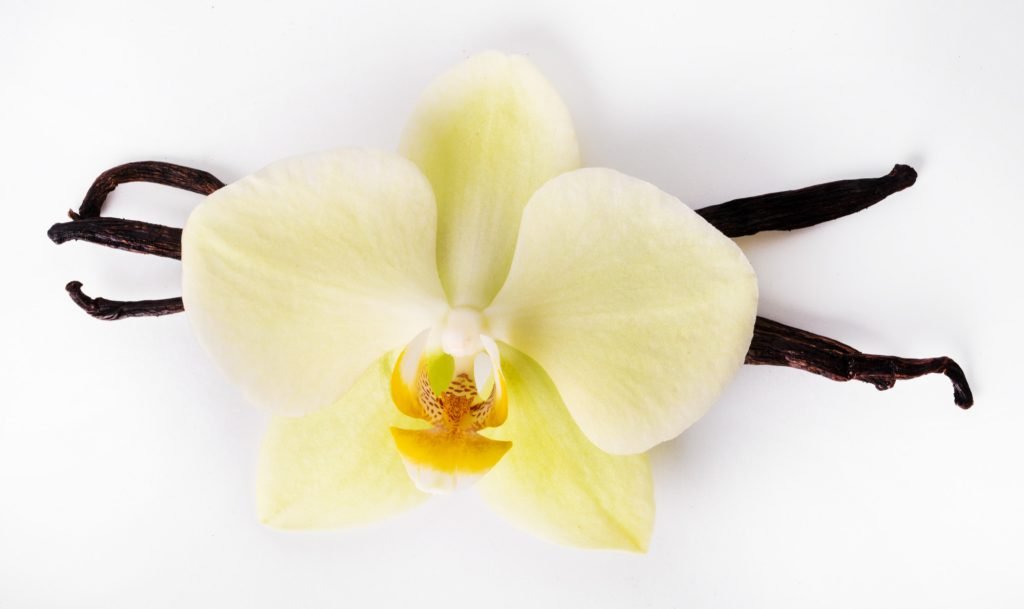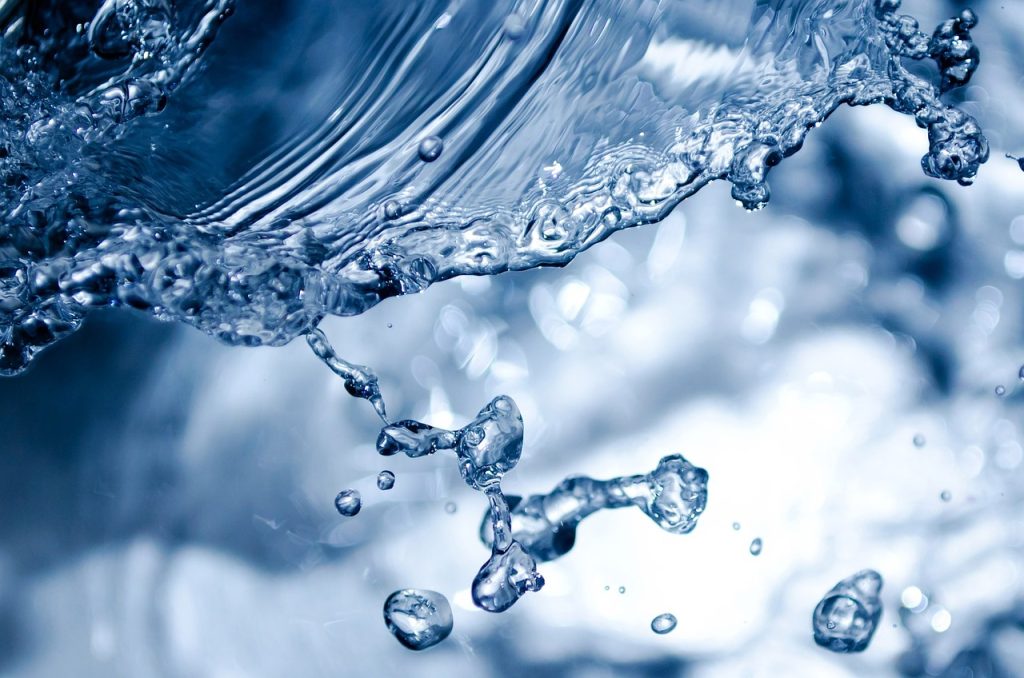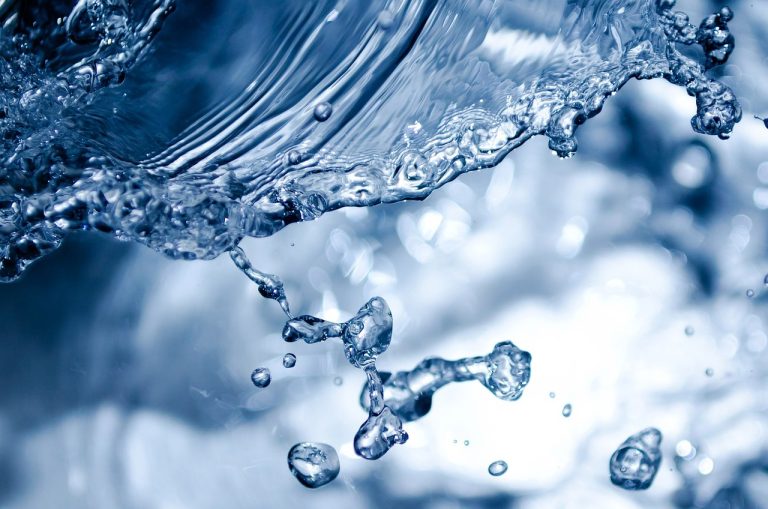The Power of Cold Showers
In the pursuit of optimal health and well-being, we often seek out various practices and routines to enhance our daily lives. One such practice that has gained traction in recent years is the cold shower. Advocates praise its numerous benefits, while skeptics question its efficacy and potential drawbacks. In this article, we’ll delve into the science behind cold showers, examining both their advantages and disadvantages to help you make an informed decision about incorporating them into your routine.
The Benefits of Cold Showers:
Improved Circulation: Cold water immersion triggers vasoconstriction, causing blood vessels to constrict, and then vasodilation, where they expand upon exposure to warm water. This process can enhance overall blood circulation, potentially aiding in cardiovascular health.
Enhanced Recovery: Athletes often use cold water therapy to reduce inflammation and muscle soreness post-exercise. The cold temperature helps decrease swelling and may speed up the recovery process.
Boosted Immunity: Some studies suggest that regular exposure to cold water may strengthen the immune system by increasing the production of white blood cells, which play a crucial role in fighting off infections.
Increased Alertness and Mental Clarity: Cold showers can act as a natural stimulant, awakening the body and mind. The shock of cold water triggers the release of adrenaline and noradrenaline, hormones associated with increased alertness and focus.
Enhanced Mood: Cold water immersion may stimulate the release of endorphins, neurotransmitters that promote feelings of well-being and reduce stress and anxiety.

How to Practice Cold Showers:
- Start Gradually: If you’re new to cold showers, ease into the practice by gradually reducing the water temperature at the end of your regular shower.
- Focus on Breathing: Deep, controlled breathing can help your body adjust to the cold temperature and reduce the sensation of discomfort.
- Stay Mindful: Pay attention to how your body responds to the cold water. Notice any sensations or changes in your breathing and heart rate.
- Set a Routine: Incorporate cold showers into your daily or weekly routine for consistency and maximum benefits.
Considerations:
Discomfort: Cold showers can be uncomfortable, especially for those unaccustomed to the sensation of cold water. Some individuals may find it challenging to tolerate the cold temperature.
Potential Risks: Cold water immersion may not be suitable for everyone, particularly those with certain medical conditions such as heart disease or hypertension. It’s essential to consult with a healthcare professional before starting any new health regimen.
Skin and Hair Health: Prolonged exposure to cold water may strip the skin and hair of natural oils, leading to dryness and irritation. Using moisturizers and conditioners can help mitigate these effects.
A 2016 study published in the International Journal of Circumpolar Health found that regular winter swimming positively impacted the participants’ immune systems. Additionally, a 2014 study in the European Journal of Applied Physiology suggested that cold water immersion could enhance athletic recovery.
https://www.ncbi.nlm.nih.gov/pmc/articles/PMC9518606/
Cold showers offer a range of potential benefits, from improved circulation and recovery to enhanced mood and alertness. However, it’s essential to approach this practice mindfully and consider individual tolerance levels and health considerations. By gradually incorporating cold showers into your routine and paying attention to your body’s response, you can reap the rewards of this invigorating practice while minimizing any potential drawbacks. As with any health-related decision, consulting with a healthcare professional is advisable, especially if you have underlying medical conditions. Embrace the chill and discover firsthand the revitalizing effects of cold showers on your journey to optimal health and well-being.

